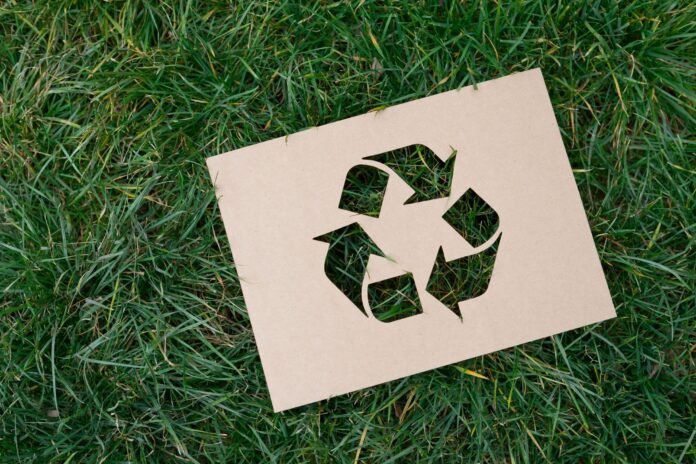Recycling is more than just a buzzword; it is a critical component in the global effort to combat climate change, reduce pollution, and conserve natural resources. As the world grapples with environmental challenges, the importance of recycling has never been more apparent. This article explores the significance of recycling, its benefits, challenges, and how communities can contribute to a greener, more sustainable future.
Why Recycling Matters
Recycling involves the process of collecting and processing materials that would otherwise be discarded as waste and turning them into new products. This practice plays a crucial role in reducing the amount of waste sent to landfills and incinerators, conserving natural resources, saving energy, and reducing greenhouse gas emissions.
- Environmental Protection: One of the most significant benefits of recycling is its positive impact on the environment. By diverting waste from landfills, recycling helps reduce methane emissions, a potent greenhouse gas. Additionally, recycling materials like paper, plastic, glass, and metal reduces the need for raw materials, thereby conserving natural resources such as trees, water, and minerals.
- Energy Conservation: Manufacturing products from recycled materials often requires less energy compared to producing them from virgin raw materials. For instance, recycling aluminum saves up to 95% of the energy needed to produce new aluminum from bauxite ore. This energy savings translates into reduced carbon emissions and a smaller carbon footprint.
- Economic Benefits: Recycling generates economic opportunities by creating jobs in the recycling and manufacturing industries. It also promotes innovation as companies develop new technologies and processes to improve recycling efficiency and create value from recycled materials.
- Community Well-being: Recycling programs contribute to cleaner communities by reducing litter and pollution. Engaging in recycling also fosters a sense of responsibility and environmental stewardship among residents, encouraging sustainable practices at the local level.
Challenges in Recycling
Despite its benefits, recycling faces several challenges that need to be addressed to maximize its potential:
- Contamination: One of the biggest obstacles in recycling is contamination, where non-recyclable items or dirty recyclables end up in the recycling stream. Contaminated materials can spoil entire batches of recyclables, making them unusable and leading to increased costs for recycling facilities.
- Market Fluctuations: The market for recycled materials can be volatile, with prices fluctuating based on supply and demand. This variability can impact the financial viability of recycling programs and discourage investment in recycling infrastructure.
- Public Awareness and Participation: Effective recycling requires active participation from the public. However, many people lack awareness or knowledge about proper recycling practices, leading to lower recycling rates and higher contamination levels.
- Infrastructure and Access: Not all communities have access to robust recycling programs or facilities. Expanding recycling infrastructure, especially in rural and underserved areas, is essential to ensure that everyone can participate in recycling efforts.
How Communities Can Improve Recycling
To overcome these challenges and enhance recycling efforts, communities can take several steps:
- Education and Outreach: Raising public awareness about the importance of recycling and providing clear guidelines on what can and cannot be recycled can help reduce contamination and increase participation. Educational campaigns, school programs, and community workshops can be effective tools in spreading this message.
- Improving Infrastructure: Investing in modern recycling facilities and expanding curbside recycling programs can make recycling more convenient and efficient. Providing more recycling bins in public spaces and offering incentives for recycling can also encourage greater participation.
- Policy Support: Governments can play a vital role by implementing policies and regulations that promote recycling. This can include setting recycling targets, offering tax incentives for recycling businesses, and banning single-use plastics and other non-recyclable materials.
- Partnerships and Innovation: Collaboration between municipalities, businesses, and nonprofit organizations can drive innovation in recycling technologies and processes. Public-private partnerships can also help fund and develop new recycling initiatives that benefit communities and the environment.
Conclusion
Recycling is a cornerstone of sustainable living and environmental stewardship. By addressing the challenges and enhancing recycling efforts, communities can significantly reduce waste, conserve resources, and mitigate climate change. As individuals, businesses, and governments work together to promote recycling, we can pave the way for a cleaner, greener, and more sustainable future.









